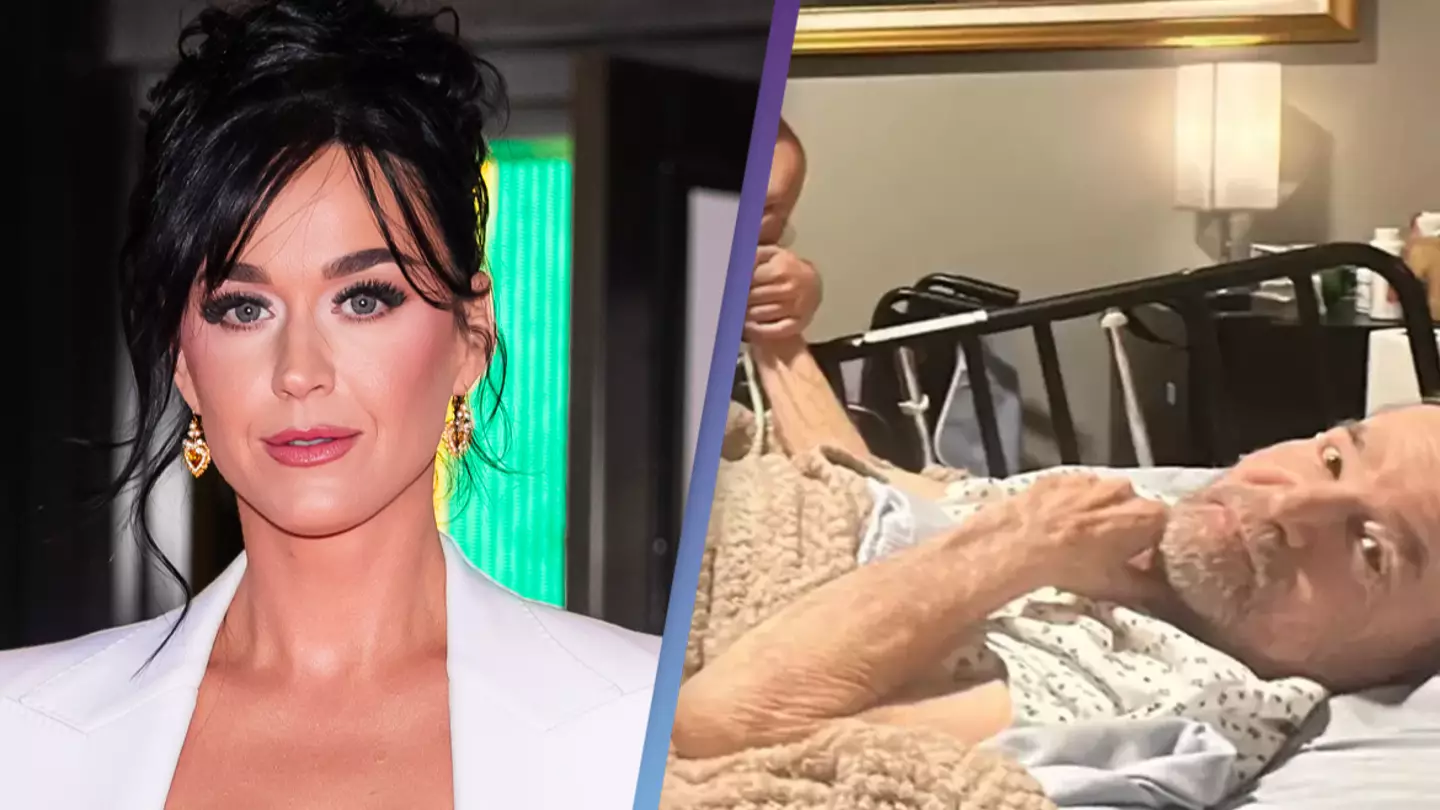
Pop star Katy Perry is likely to still testify in a countersuit over a legal battle a California home.
A judge ruled earlier this week on Wednesday that the entrepreneur who sold Perry the $15 million Montecito mansion in July 2020, and then tried to go back on the deal, was of sound mind when he agreed to sell the property.
The entrepreneur, Carl Westcott had claimed that he was mentally incapacitated at the time of the deal.
Advert
The court’s decision reads: “Wescott presented no persuasive evidence that he lacked capacity to enter into a real estate contract.”
Despite this positive news for the music star, she is expected to testify in the countersuit regarding damages at a non-jury trial in the coming months.
Westcott’s son, Chart Westcott, spoke to People about the ruling by the judge and said while he does not agree, he does accept it.
"While we do not agree with Judge Lipner’s ruling and wish he had spelled our father’s name correctly in his ruling, we accept it,” he said.

“Katy Perry will now have to testify, in person, on damages and the contradictory claims she has made over lost income for the rental of my father’s home. While this has been a long road, the fight for my father is not over and we will continue to represent him and his legacy of incredible achievements."
In contrast, Perry’s attorney, Eric Rowen said the judge saw it clear that Westcott attempted to back out of the deal for no other reason than he had changed his mind.
In a statement, he said: “Today’s proposed decision is clear — the judge found that Mr. Westcott could not prove anything other than he was of perfectly sound mind when he engaged in complex negotiations over several weeks with multiple parties to transact a lucrative sale of the property that netted him a substantial profit.

“The evidence shows that Mr. Westcott breached the contract for no other reason than he had changed his mind. We look forward to wrapping this matter up at the scheduled damage trial phase set for February 13 and 14, if not before.”
Judge Joseph Lipner, who made the ruling attributed it to witness testimony during the trial.
In court documents he stated: "Wescott's primary trial evidence on lack of capacity was the analysis and testimony of his retained expert, which the Court did not find credible or persuasive."
Topics: Celebrity, Katy Perry, Mental Health, Health, Music